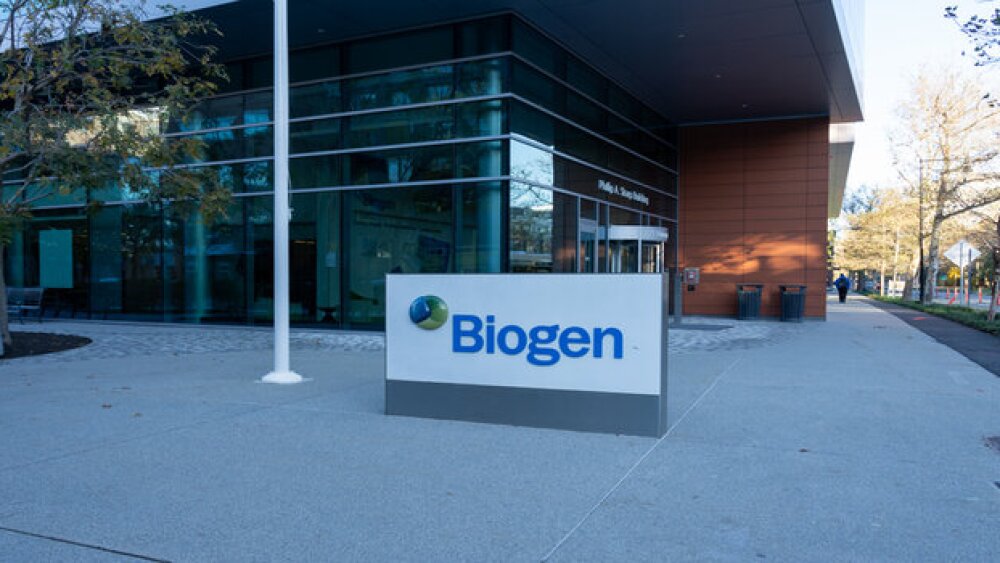News
Stifel analysts said that Lexeo’s data showing reduced size and thickness of the heart’s left ventricle are “supportive of a drug effect” for the company’s gene therapy in Friedreich’s ataxia cardiomyopathy.
FEATURED STORIES
The plethora of genes involved in obesity presents an intriguing opportunity for both gene silencing and ex vivo gene therapy approaches.
Although Massachusetts’ life sciences job growth increased by just 2.5% in 2023, the state continues to grow the industry, according to a new MassBioEd report.
Biogen recently bolstered its pipeline with a potential $1.8 billion acquisition of Human Immunology Biosciences, following other big players looking to cash in on a global immunology market estimated to grow to $257 billion by 2032.
Job Trends
Takeda Announces FDA Acceptance of BLA for Subcutaneous Administration of ENTYVIO ® (vedolizumab) for Maintenance Therapy in Moderately to Severely Active Crohn’s Disease.
FROM OUR EDITORS
Read our takes on the biggest stories happening in the industry.
After Emma Walmsley steps down as GSK CEO in January, Vertex Pharma’s Reshma Kewalramani will be the sole female CEO at a top-20 pharma company. Still, there are many prominent women in pharma that could someday break through again.
THE LATEST
Biogen’s effort to buy Sage reveals its “desire to expand its pipeline at a discount,” according to analysts from BMO Capital Markets.
There are currently no treatments available for celiac disease beyond a gluten-free diet. Several late-phase companies aim to change the paradigm and deliver hope and progress soon.
As the year gets underway, analysts and biotech executives highlight cell therapy’s pivot from oncology to autoimmune diseases, a continued appetite for next-generation obesity drugs and an increased focus on neuromuscular, kidney and cardiovascular diseases.
Even before the FDA’s recent approval of Dato-DXd in breast cancer, analysts predicted sales of the antibody-drug conjugate could hit $5.9 billion in 2030. However, the asset faced a series of setbacks in 2024.
Traditionally carrying a dire prognosis, the treatment paradigm for multiple myeloma is changing, with CAR T therapies, bispecifics and more contributing to multifaceted regimens unique to each patient’s needs.
The conversion of Calquence’s accelerated approval in mantle cell lymphoma comes a day before the drug was listed among the 15 products to be subject to IRA-prescripted price negotiations for Medicare this year.
The data suggest the high dose nearly closes the efficacy gap with Zepbound.
Biopharma executives make their predictions for the year ahead, from a bold forecast for the return of the megadeal to a plea for the slow, healthy recovery of the industry at large.
Drugmakers will have until the end of February to decide whether they want to participate in the second round of Medicare negotiations or not. CMS has until June 1 to send an initial offer for the adjusted prices.
The Phase III CodeBreaK 300 study returned disappointing overall survival data for Lumakras plus Vectibix in metastatic colorectal cancer, but in its approval announcement, the FDA pointed to significant improvements in progression-free survival, calling it the “major efficacy outcome” of the trial.

















